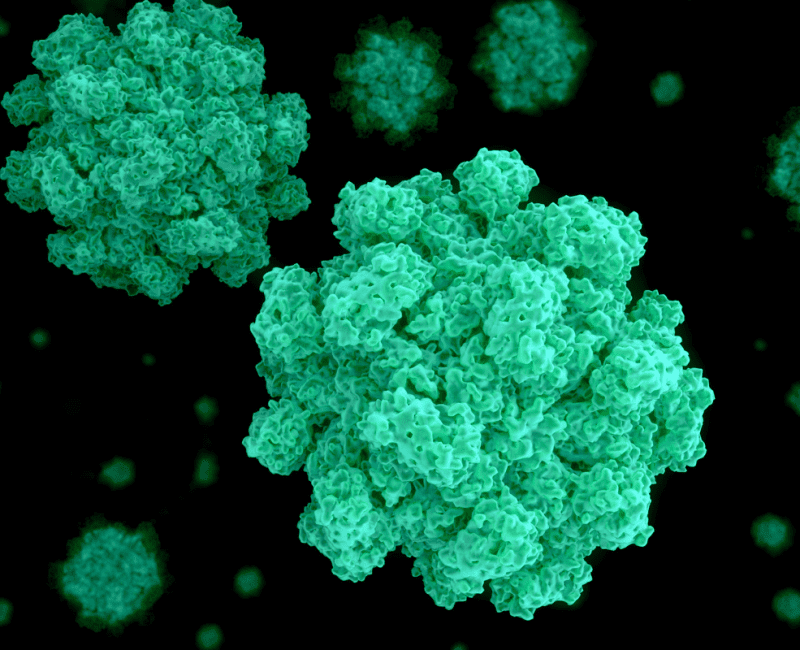
Viruses are responsible for more than 50% of all health-care associated gastroenteritis…

Viruses are responsible for more than 50% of all health-care associated gastroenteritis…

The protozoan parasites, Cryptosporidium and Giardia represent a major public health concern of water utilities in developed nations…
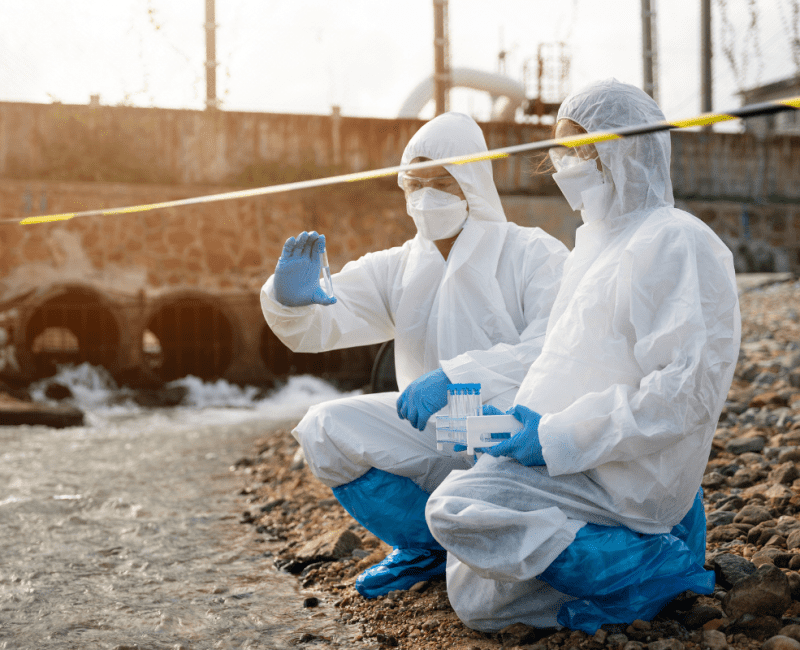
This project formed the Mekong node of the Collaboration on Sewage Surveillance for SARS-CoV-2 “ColoSSoS” project after Water Research Australia and the Australian Water Association identified that technology transfer within Australia’s broader region was a logical extension of the local project…

The Collaboration on Sewage Surveillance of SARS-CoV-2 (ColoSSoS) project combined the expertise of more than 50 Australian organisations in R&D activities that have enabled health departments across the country to integrate quantitative measurements of SARS-CoV-2 virus detected in sewage with human clinical PCR test data for COVID-19…
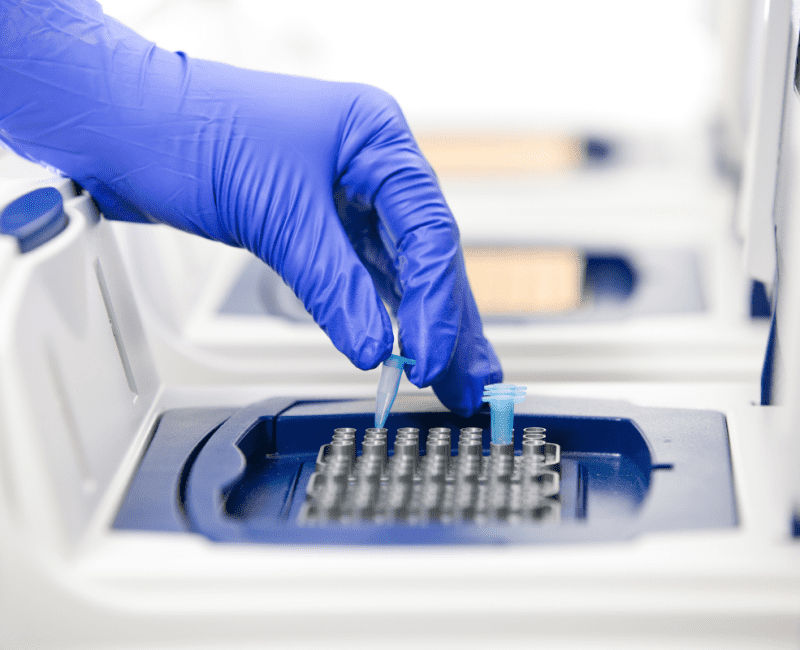
The Collaboration on Sewage Surveillance of SARS-CoV-2 (ColoSSoS) project combined the expertise of more than 50 Australian organisations in R&D activities that have enabled health departments across the country to integrate quantitative measurements of SARS-CoV-2 virus detected in sewage with human clinical PCR test data for COVID-19…
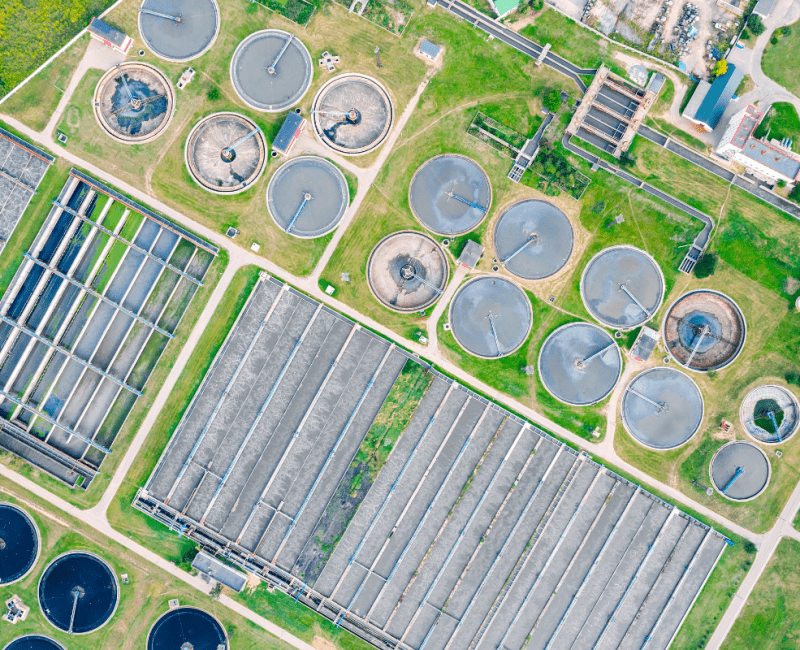
Potable water reuse is increasingly recognised as an important water management strategy for future Australian and international cities…
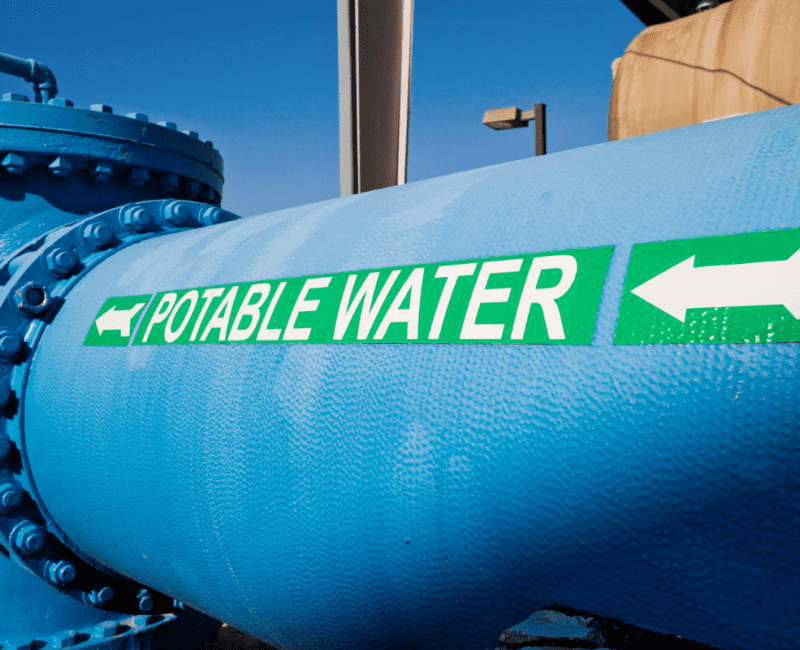
This discussion report describes international and Australian examples of different ways to use recycled water: groundwater and aquifer replenishment, surface water augmentation and direct potable reuse…
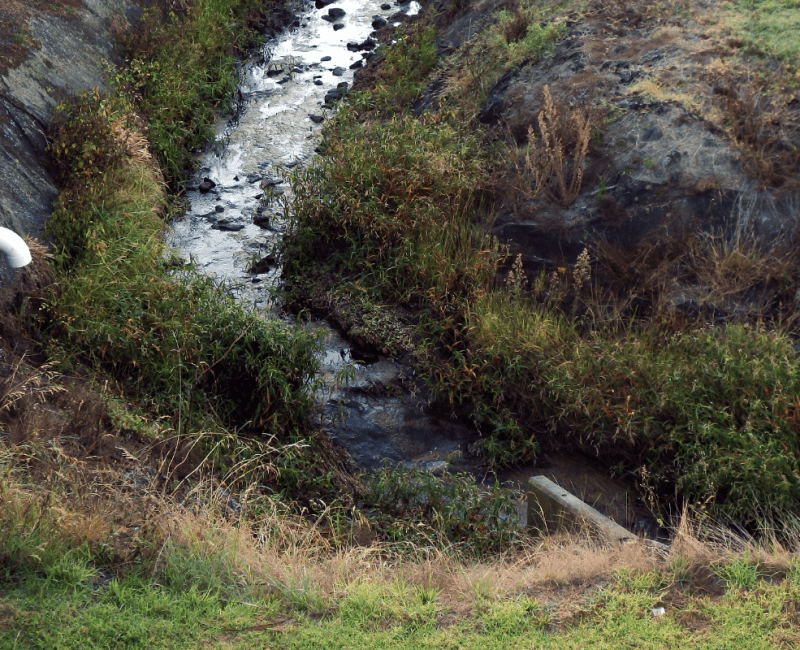
Recycled stormwater has a range of possible uses that have different levels and types of human exposure…

Recycled water usually contains extremely low levels of many different chemicals…
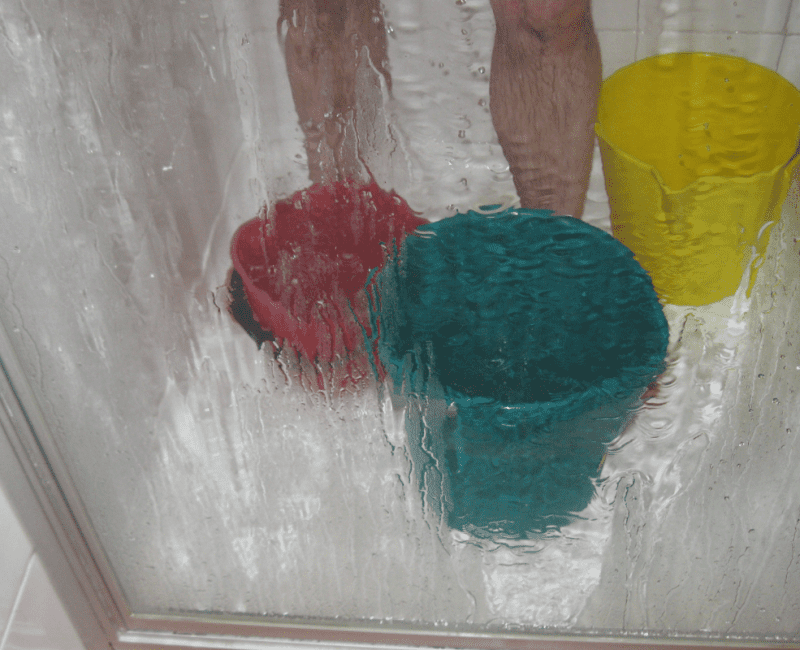
In 2006, strict restrictions on using tap water for gardening or car-washing were imposed in Melbourne but relaxed in 2010-2011 as rainfall replenished depleted reservoirs…